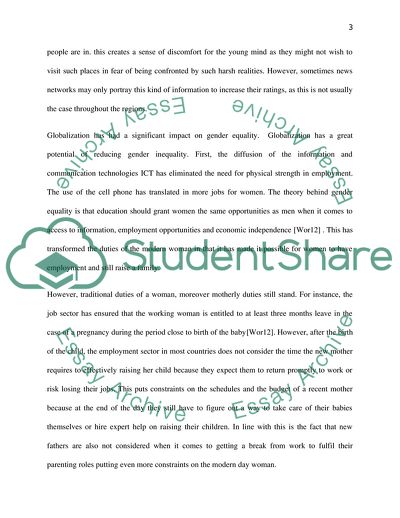Cite this document
(Globalization and Inequality Essay Example | Topics and Well Written Essays - 3000 words, n.d.)
Globalization and Inequality Essay Example | Topics and Well Written Essays - 3000 words. https://studentshare.org/sociology/1867381-has-globalization-decreased-inequality
Globalization and Inequality Essay Example | Topics and Well Written Essays - 3000 words. https://studentshare.org/sociology/1867381-has-globalization-decreased-inequality
(Globalization and Inequality Essay Example | Topics and Well Written Essays - 3000 Words)
Globalization and Inequality Essay Example | Topics and Well Written Essays - 3000 Words. https://studentshare.org/sociology/1867381-has-globalization-decreased-inequality.
Globalization and Inequality Essay Example | Topics and Well Written Essays - 3000 Words. https://studentshare.org/sociology/1867381-has-globalization-decreased-inequality.
“Globalization and Inequality Essay Example | Topics and Well Written Essays - 3000 Words”. https://studentshare.org/sociology/1867381-has-globalization-decreased-inequality.


